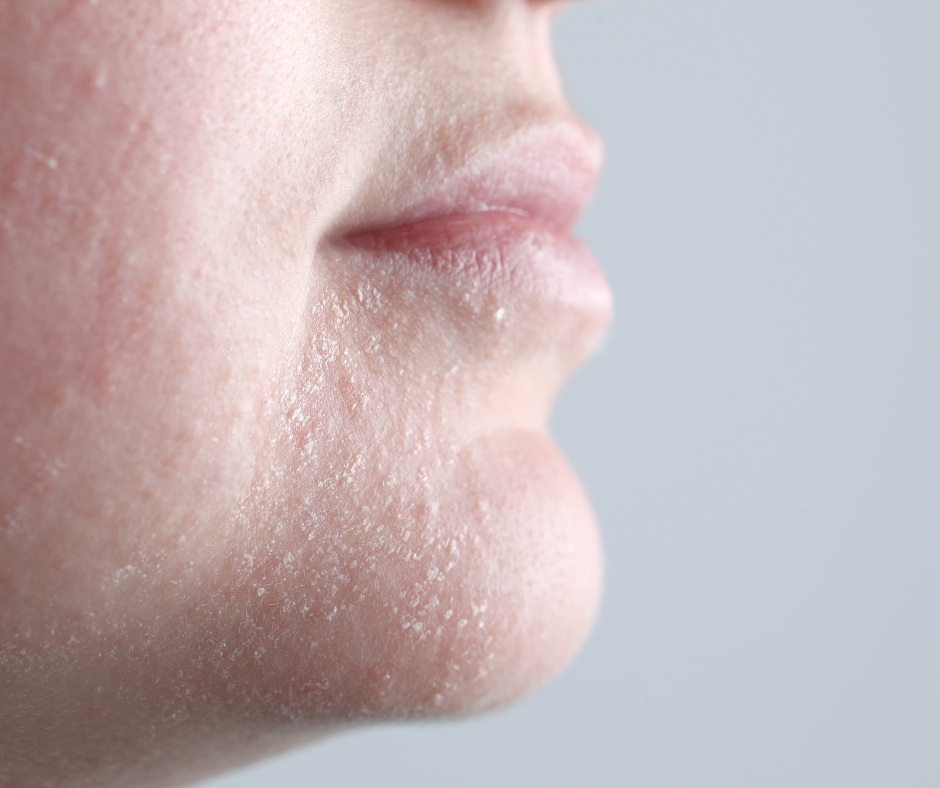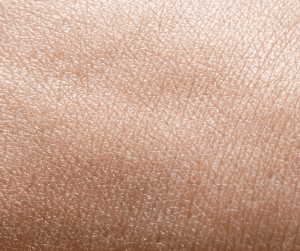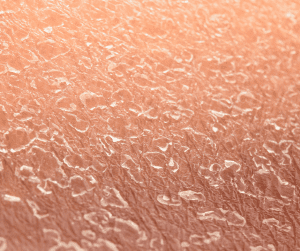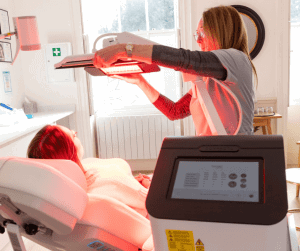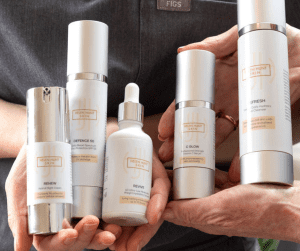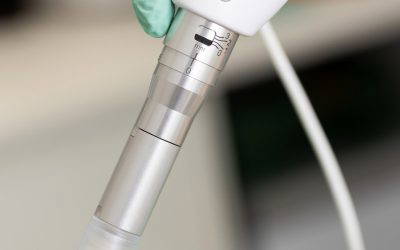When your skin feels tight, flaky, or dull, it’s easy to assume it’s simply dry. But it might actually be dehydrated, and the difference matters. In this guide, we’ll break down the differences between dry vs dehydrated skin, explain why it’s important to know which one you have, and share the most effective professional and at home treatments to help restore your skin’s natural glow.
Dry vs Dehydrated Skin: What’s the Difference?
Understanding whether your skin is dry or dehydrated is the first step to treating it properly.
What is Dehydrated Skin?
Dehydrated skin is a condition where the skin lacks water. It can affect any skin type, including oily or combination skin.
Common signs include:
- Tightness or “stripped” feeling
- Dull or lacklustre appearance
- Fine lines that are more visible
- Skin feels dry but looks oily
- Occasional sensitivity or redness
What is Dry Skin?
Dry skin is a skin type, meaning your skin naturally produces less oil (sebum).
Typical signs include:
- Flakiness or rough patches
- Persistent tightness
- Skin absorbs moisturiser quickly
- Itchiness or irritation
- A dull, matte look
Professional Treatments for Dehydrated Skin
At Helen Hunt Medical Aesthetics, we offer a range of clinic based solutions to deeply hydrate your skin from within across our 3 clinic locations in Devon:
A powerful injectable skin booster packed with pure hyaluronic acid, Profhilo attracts water to the skin, improving hydration, elasticity, and firmness.
These regenerative injectables improve cellular hydration and boost overall skin quality by encouraging tissue repair and collagen production.
A personalised microneedling treatment that delivers hydrating serums into the skin to improve tone, texture, and glow.
Red light therapy helps stimulate cellular activity, calm inflammation, and boost hydration, ideal for sensitive, dehydrated skin.
At-Home Skincare Tips for Dehydrated Skin
If you’re dealing with dehydration, support your skin daily with these essentials:
- Use a hydrating serum like our own Helen Hunt Skin Revive, which contains hyaluronic acid to help lock in moisture.
- Mist your face before applying serum or moisturiser, damp skin absorbs hydration more effectively.
- Avoid foaming or harsh cleansers that can disrupt the skin barrier.
- Stay hydrated from the inside out by drinking water regularly.
Clinic Treatments for Dry Skin
For skin that lacks oil, our treatments focus on barrier repair and long lasting nourishment:
This in depth scan reveals oil levels, skin type, and underlying issues, helping us create a personalised plan for your dry skin.
These gentle chemical peels exfoliate dead skin cells while nourishing and supporting the skin barrier, ideal for dry, tired skin.
- Sunekos or Redensity 1 Skin Boosters
Hydrating skin boosters packed with amino acids and hyaluronic acid help restore elasticity, brightness, and smoothness.
At-Home Skincare for Dry Skin
For dry skin types, oil rich, barrier supporting skincare is key:
- Switch to a creamy cleanser like Helen Hunt Skin Refresh to cleanse without stripping oils.
- Apply a rich moisturiser containing ceramides, squalane, or shea butter to nourish and strengthen the skin barrier.
- Use facial oils or balm layers at night to lock in hydration.
Don’t skip SPF, our Helen Hunt Skin Defence 50 protects from UV and environmental damage that worsens dryness.
Contact us for more information on our full skincare range here.
Not Sure if Your Skin Is Dry or Dehydrated?
At Helen Hunt Medical Aesthetics, we take time to help you understand your skin before recommending a treatment plan.
Book your skin consultation at one of our Devon locations
Final Thoughts: Dry vs Dehydrated Skin
The difference between dry vs dehydrated skin lies in what your skin is missing, oil or water. With the right understanding, personalised skincare, and support from skin experts, you can bring balance back and achieve that healthy, radiant glow.
Stay tuned for our latest updates and patient results! Follow us on Instagram and Facebook for behind the scenes insights and tips on getting the most out of your treatments.
